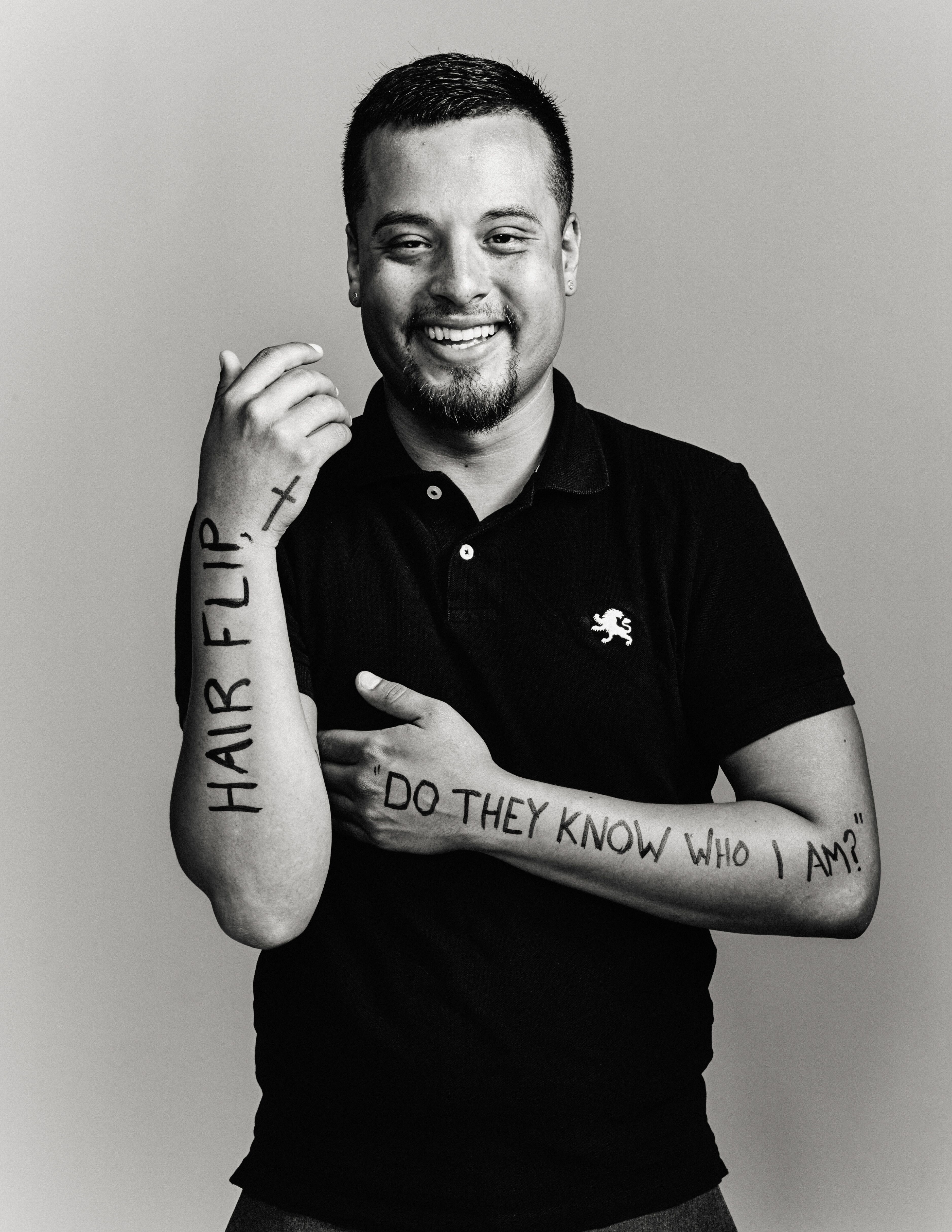“I will be the fighter and I will be the face until others begin to emerge and fight this fight alongside me.”
Gabe Martinez
What is National Gay Men’s HIV/AIDS Awareness Day and why does it matter?
NGMHAAD is a day that has been observed since 2008 to recognize how Gay men/MSM are disproportionally affected by the HIV/AIDS epidemic. Since the HIV/AIDS scare of the 1980’s, gay men have been ostracized and ridiculed as being the “founders” of the HIV/AIDS epidemic that has ensued the world. This day is important to remind all those MSM individuals about the importance of testing and the importance of knowing one’s status. It is used as a day to empower individuals to be proud of their status, whether negative or positive, and share educational resources that allows the conversation to continue and to fight the stigma associated with MSM and HIV/AIDS.
What does the future look like for Gay men and their health?
A few years ago, I would have definitely discussed how the future of gay men and their health was on a progressive movement, especially with the country’s equality movement for the LGBT community. However, as the atmosphere of our current political climate has extremely shifted, the future of gay men’s public health seems uncertain. Federal budgets and grants from a public health perspective are consistently short-ended and not enough funds are allocated to assist the communities most affected. Medication access and treatment is an already difficult task to provide to gay men living or newly diagnosed with HIV, not including the red tape of state laws, public officials, and religious freedoms that allow individuals to deny care or treatment.
Advancements have occurred and there are more LGBT competently trained physicians practicing and working directly with the LGBT community that ever before. It is important that gay men do their research when choosing a Primary Care Physician and choose someone who understands the evolution of health care for gay men.
What do you wish was talked about more or highlighted in regards to this awareness day?
I wish the nation as a whole, came together and discussed this on a national level. I would like to see more headlines on public news channels and social media outlets advertising the importance of this day and the importance of getting tested for HIV. There is power in knowing your status and embracing it. The conversation needs to start somewhere and why not utilize this forum to open up the dialogue? Stigma is still incredibly associated with individuals living with HIV. Many of them do not disclose in fear that others will discriminate or ostracize them because of their status. However, without proper information, difficult discussion, and those willing to be the “face” of HIV, most of these efforts can go unnoticed. It is important to utilize communication forums that currently exist on our society today to highlight this day and the importance of it all.
What message do you want to share about this day and what it means to you?
The message I want to convey to everyone and anyone reading this is to step out of the shadows. Do not continue to let this world make you hide from your truth. Do not let society’s ignorance on the subject scare you from discussing the impact of living with HIV or discussing your negative status and what you have done to remain negative. Everyone’s story is important in this matter. You do not have to be living with HIV to talk about HIV. This disease has affected many of us and in the day and age we live in, it is very difficult.
This day is important to me in many ways. I did not grow up around people who discussed sex with me let alone gay sex. There was no outlet for me to speak or educate myself on what it means to be a gay man.
Now you fast forward to 2014 and I receive a HIV positive diagnosis. I had nowhere to turn to and no information to access. It was not until I met individuals through my own personal network that provided me access to information that I had never known before. I chose to not to hide in the shadows of stigma or allow society to define when, where, and who I speak to about my status. I wear it proudly as it adds to the intersectionalities of who I am today. This day is important to me because it allows me to make a difference in the lives of those who are too afraid to speak up. I will be the voice. I will be the fighter and I will be the face until others begin to emerge and fight this fight alongside me.

